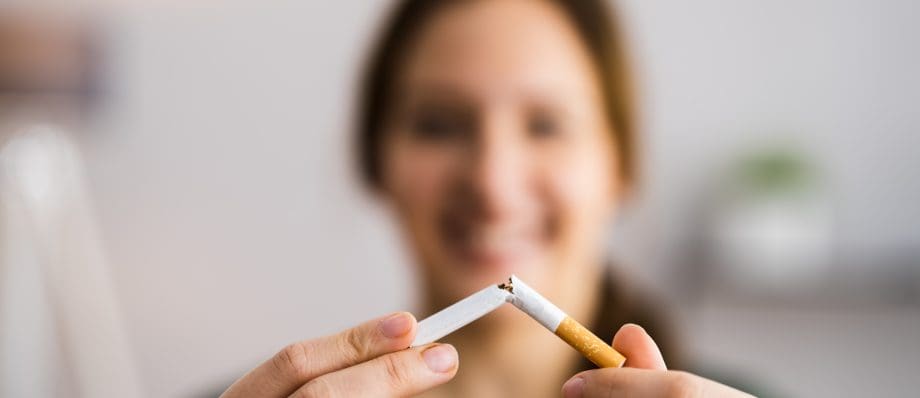Table of Contents
ToggleIntroduction:
Dental Implants are the best choice in replacing missing teeth in all types of edentulism, however, sometimes suffer from failure and complications after treatment.
Smoking presents one of the highest risk factors in implant treatments. Due to the fact that smoking is associated with deleterious effects to oral rehabilitation with dental implants.
It’s claimed that Tobacco and nicotine prevent the jawbone from fusing with the implant: the lack of blood flow and oxygen can also result in failed osseointegration (when the jawbone and implant fuse together), jeopardising your overall dental implants treatment.
The purpose of this article was to review the researches and articles available in databases with the aim of investigating the impact of smoking on all aspects of dental implant treatment.
Materials & Methods
All related articles were searched in Medline and COHG (Cochrane Oral Health Group database). In the first stage, the titles and summaries of the articles were collected, then the titles and summaries of the unrelated articles were removed, and the full text of the rest of the articles was examined separately by the two authors of the article. Agreed items were listed using c2 statistics. Disputed matters were discussed and exchanged by re-examining the entire article until the result was obtained. The results and summary were presented as a systematic review in the results of the articles.
Conclusion
Implants placed in smokers present a 140.2% higher risk of failure than implants placed in non-smokers; The difference in implant failure between the groups was statistically significant for implants placed in the maxilla and the mandible (higher for smokers).
The probability of dental implant failure, post-treatment complications and the amount of marginal bone loss in smokers are significantly higher than in non-smokers. The effects of smoking on implant treatments are directly related to the number of years of smoking. Also, the negative effects of smoking have been reported in the upper jaw more than in the lower jaw. In smokers, the failure rate of implants with moderate surface roughness is lower than fixtures with low surface roughness. In people who are unable to completely quit smoking, it is recommended to use antibiotics before implant treatments. The patient should refrain from smoking at least 1 week before and 8 weeks after the surgery.
Authors: Mohammad ketabi, Meysam Mahabadi,
Isfahan dental school University Journal

